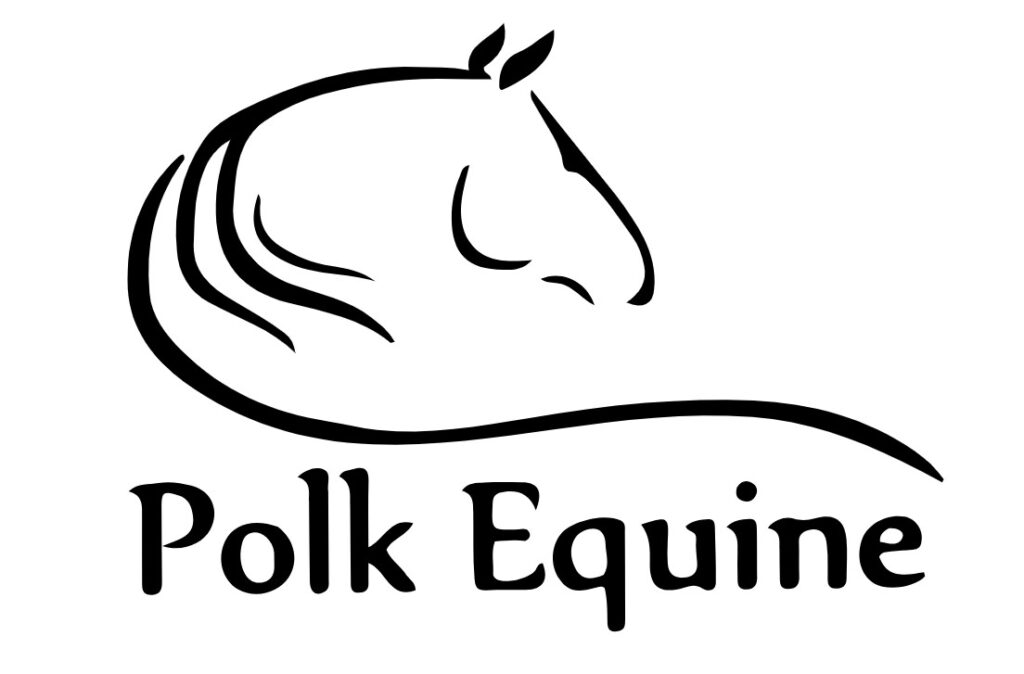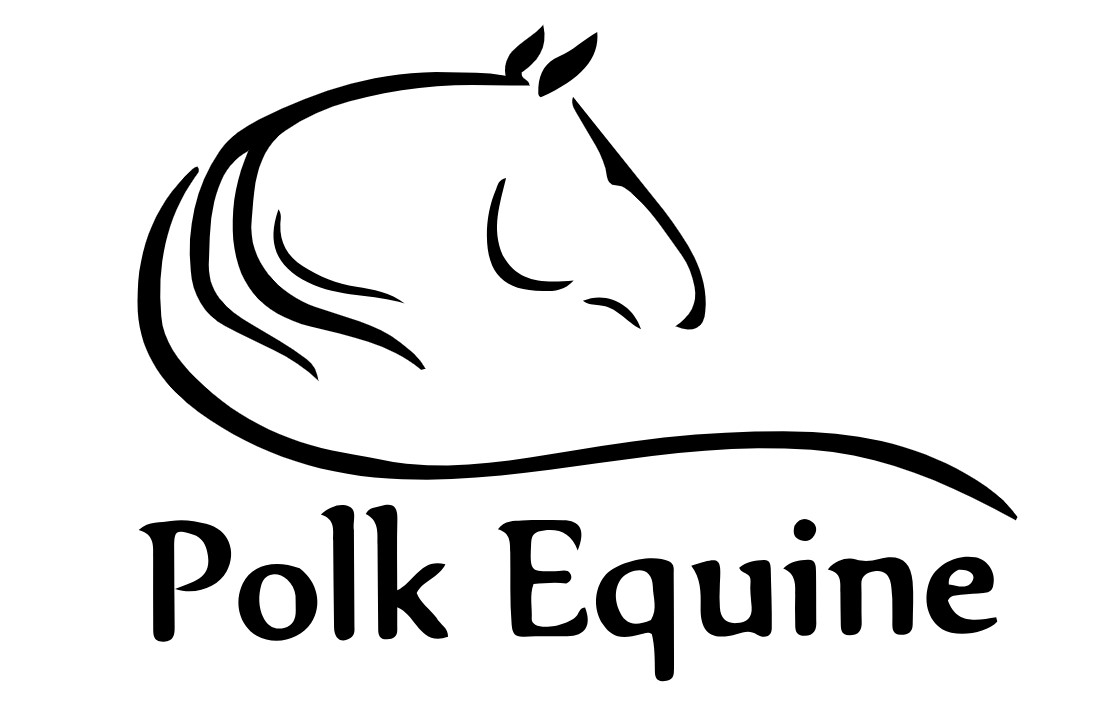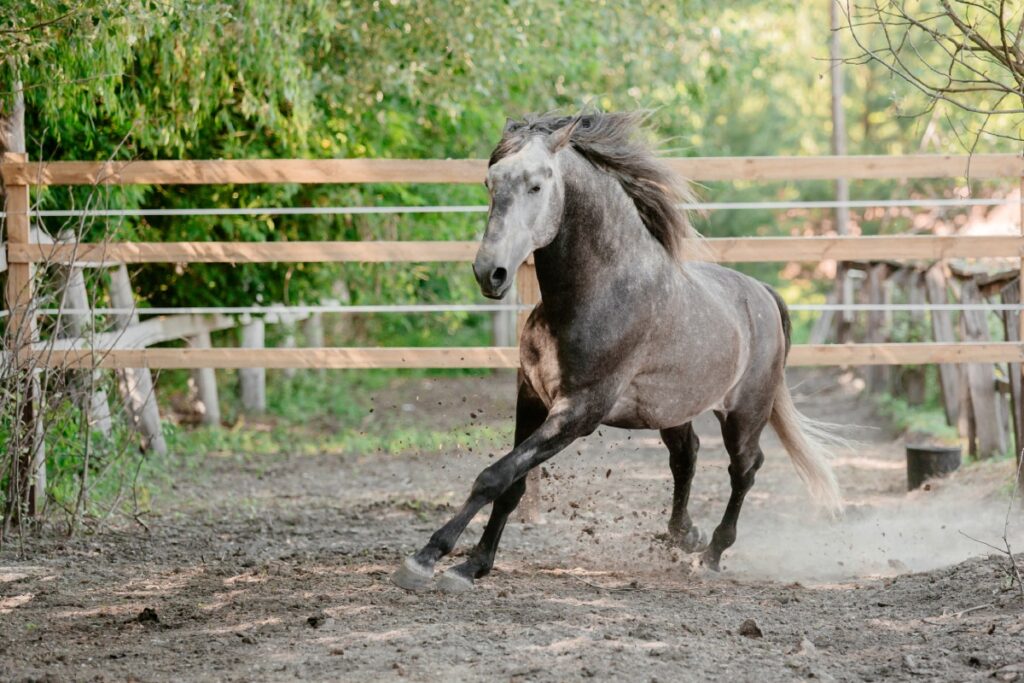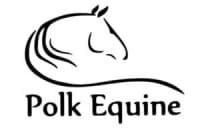Your horses’ lungs are critical for competition, pleasure riding and general health. If you have had the flu or a cold, you know how uncomfortable you feel and how hard breathing can be. Unlike people, horses cannot breath out of their mouth so any nasal discharge or congestion can be a serious problem.
Horses can get bacterial respiratory infections that cause a green or yellow nasal discharge to develop along with lethargy and a fever. This often happens when mingling with new horses, shared stabling at shows or from a sales auction. Bacterial infections need to be treated with antibiotics and the sooner they are started, the less severe the symptoms with be.
The most common viruses that cause upper respiratory disease in horses are influenza causing flu and rhinovirus causing rhinopneumonitis. As with most viruses there is not a specific treatment, so supportive care is extremely important. Regular vaccinations allow your horse to build up antibodies to common viruses and often results in mild or uncomplicated symptoms if your horse is exposed. Most horse shows require respiratory vaccinations but horses that travel should have vaccine boosters for Influenza and Rhino every 6 months.
Another common respiratory condition we see in horses is “heaves” also known as chronic obstructive pulmonary disease (COPD). This is similar to asthma is people and often coincides with increasing pollen counts or other allergens. As an auto-immune condition, it worsens as the horse ages and without management breathing can become difficult. Horses with COPD often have flared nostrils while breathing (even at rest) and will develop a “heave” line along their belly and back of their rib cage due to the abdominal musculature being overworked.
Signs of respiratory issues can include a cough, fever, nasal discharge, flared nostrils when breathing and dullness or lethargy. It is important to differentiate between a respiratory infection and an allergy induced response because the treatments are quite different. Contact your veterinarian if your horse is experiencing symptoms or you have any concerns about their breathing.




